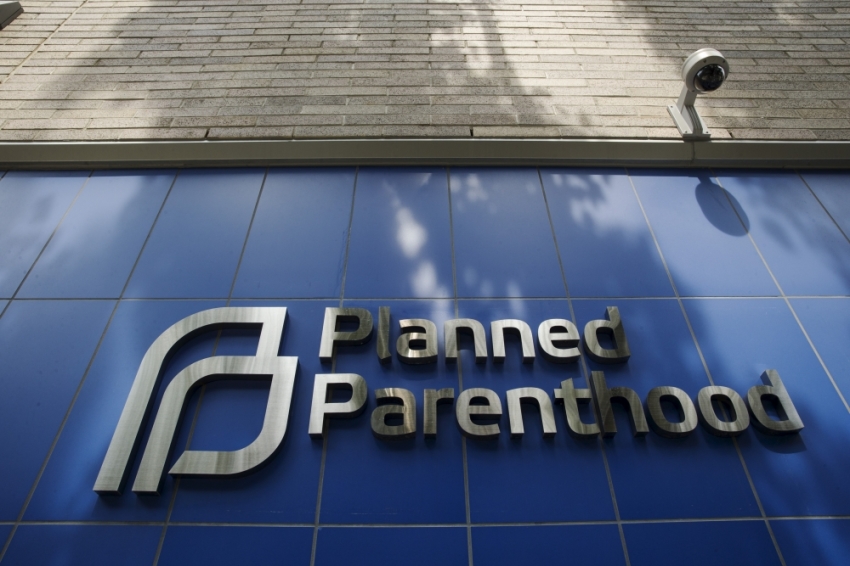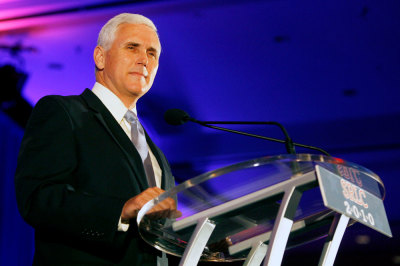Planned Parenthood Sues Indiana for Right to Abort Down Syndrome Babies

A regional chapter of the nation's leading abortion provider filed a legal complaint against Indiana for the state's recently passed law banning abortions of babies with Down syndrome.
Planned Parenthood of Indiana and Kentucky filed the suit against the House Enrolled Act 1337 on Thursday in the U.S. District Court of the Southern District of Indiana.
"The law imposes unconstitutional restrictions on women seeking abortions and their health care providers. This law does not value life. It only values birth," stated PPINK.
"Legislation such as HEA 1337 does nothing to improve or protect Hoosiers' health. It simply erects barriers, limits access to reproductive health care and is designed to shame and judge deeply personal and difficult decisions for families."

The state chapter of the American Civil Liberties Union joined PPINK in the suit, with ACLU of Indiana Legal Director Ken Falk also denouncing HEA 1337.
"The United States Supreme Court has repeatedly stressed that a woman, not the state, is to determine whether or not to obtain an abortion," argued Falk.
"The State of Indiana's attempt to invade a woman's privacy and to control her decision in this regard is unprecedented and unconstitutional."
Last month Governor Mike Pence signed HEA 1337 into law, which, among other things, bans abortions performed on the basis of race, gender, or disability.
"A person may not intentionally perform or attempt to perform an abortion before the earlier of viability of the fetus or 20 weeks of postfertilization age if the person knows that the pregnant woman is seeking the abortion solely because the fetus has been diagnosed with Down syndrome or has a potential diagnosis," read HEA 1337 in part.
"A person may not intentionally perform or attempt to perform an abortion before the earlier of viability of the fetus or twenty (20) weeks of postfertilization age if the person knows that the pregnant woman is seeking the abortion solely because of the race, color, national origin, or ancestry of the fetus."
In a statement from last month, Governor Pence described the legislation as "a comprehensive pro-life measure that affirms the value of all human life."
"I believe that a society can be judged by how it deals with its most vulnerable — the aged, the infirm, the disabled and the unborn," stated Pence.
"By enacting this legislation, we take an important step in protecting the unborn, while still providing an exception for the life of the mother. I sign this legislation with a prayer that God would continue to bless these precious children, mothers and families."



























